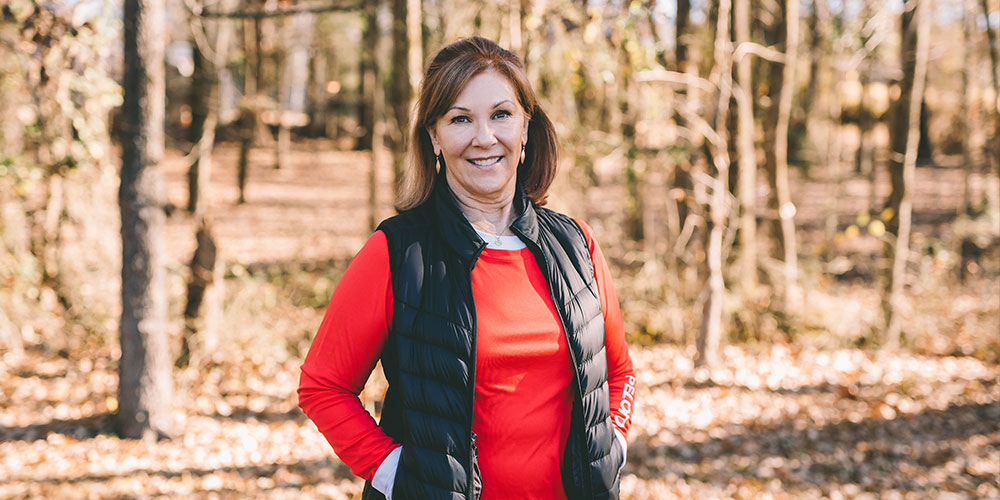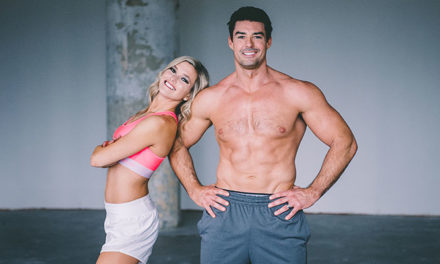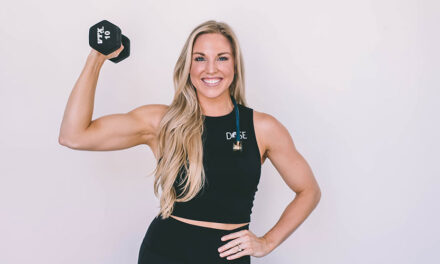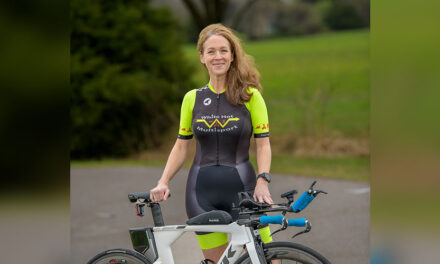Margie Coltharp describes herself as having the stereotypical baby boomer mentality — she is Type A, success-driven, and determined to have it all. “Coming out of college, all the messages through advertising and society were that women can do it all, nothing is off the table, and nothing will suffer if you work hard enough.” However, Margie now knows this mindset is not entirely accurate.
Climbing the corporate ladder through her career in hotel management while raising two children, Margie was always busy but found alcohol to be the perfect relief from daily stress. She enjoyed the ritual of drinks after work while cooking dinner, during dinner, and before bed. “I developed into a very functional moderate-to-heavy drinker in my mid-30s. Sure, I wouldn’t feel great the next day, but I would go for a run, get to work, and move on.” By 2015, Margie had developed a chronic cough, random nosebleeds, and other symptoms that her doctors could not explain, but she remained productive and fit, so she was not overly concerned.
However, Margie’s reality changed drastically during the coronavirus pandemic when her position was eliminated. She started drinking more to relieve anxiety, to help her sleep, and to get through the general day-to-day confusion of shutdowns. “I wanted to make the best of it and keep pouring the wine,” Margie says.
Margie continued to have health scares in 2021, with drastically high blood pressure readings. While Margie does not feel that her drinking habit led her to a true rock bottom, she remembers that she blacked out from drinking on New Year’s Eve of 2021 and finally felt it was time to recognize her alcohol dependence.
In January 2022, Margie signed up for a program called “This Naked Mind” with coach Annie Grace, which takes an emotion-based approach to finding freedom from alcohol. Margie quickly saw the improvements in her life when she stopped drinking. Her cough went away, her blood pressure regulated, and she got a new lease on life.
During her self-exploration, Margie found the term “gray area drinking” and resonated with the message. “Gray area drinking is the space between the extremes of rock bottom and occasional drinking- most drinkers fall within this gray area. It is important to know where you fall, and then you can self-identify whether your drinking amount is problematic.”
Margie has since become a life coach and works to help others understand and regulate their relationship with drinking using the same emotion-based approach that she found so helpful in her journey. “My job as a coach is so rewarding and purpose-driven, and I truly love being able to pay forward what I learned.”
Are you interested in learning more about Gray Area Drinking, emotion-based alcohol freedom, and upcoming Dry January events? Contact Margie at [email protected] or call 901.233.0579.
By Zoe Harrison
Photo by Tindall Stephens







